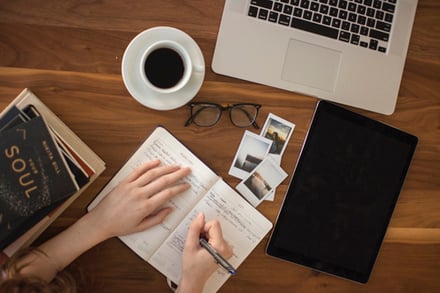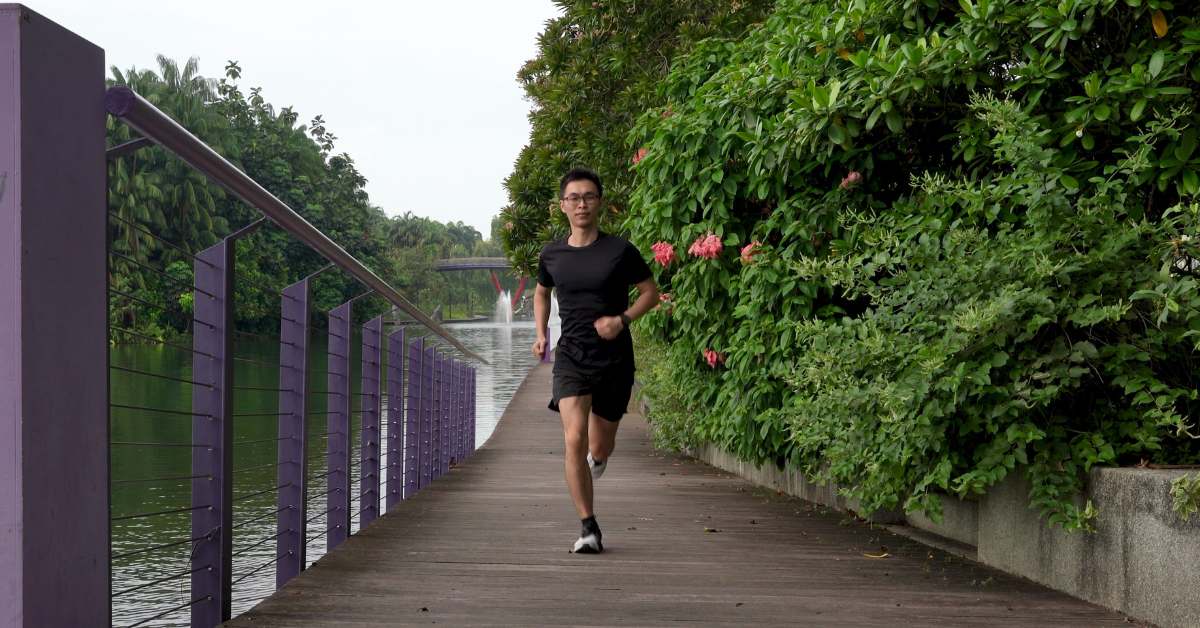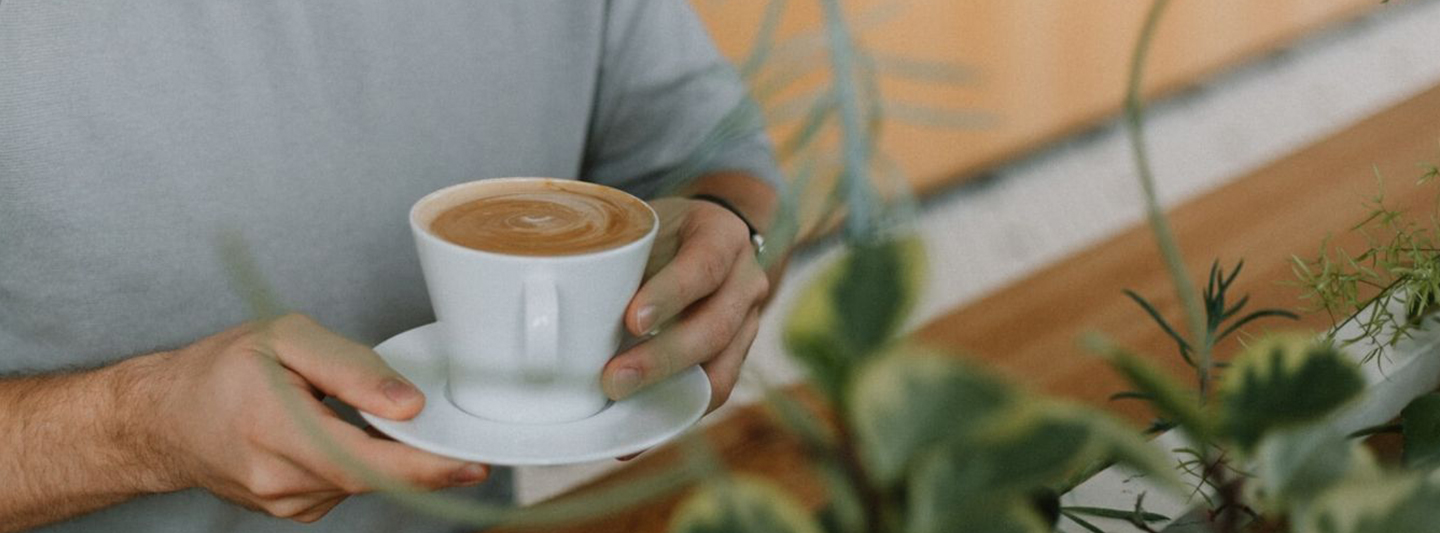On a global level, it’s undeniable that COVID-19 has disrupted our normal life and routines - we’re stuck indoors, unable to work, socialize or entertain ourselves as we used to. A modern lifestyle centred around socialising has almost but taken a turn for the worse.
In addition to this, we’re constantly alerted to the growing number of new cases that headline our news feed on a daily basis. During this time, many are suffering from feelings of isolation and some sadness at the loss of the world as we knew.
As a result of all of the above, it’s little wonder that we’re all feeling some tension and uncertainty about the future - these are classic symptoms of an anxious response to a threatening situation. Our bodies being in constant high alert mode can not only be exhausting but also take a huge toll on both our mental and physical health. In this article, Clinical Psychologist, Shri from Psynaptica, shares 5 strategies to cope with anxiety and keep your stress, fears and worries in check.
5 Strategies to Cope with Anxiety
1. Limit exposure to media

It is important to be well informed with COVID-19 related news. However, the coronavirus has unfortunately taken centrestage in our conversations. Shri cautions that obsessively seeking information about this might lead to a self-perpetuating cycle of anxiety, so it’s best to limit your exposure to such news preferably to once a day and not too close to your bedtime. Take a break, channel your thoughts towards things you take delight in.
2. Create a new routine
Considering that we currently live in uncertain times, even more so, with the Circuit Breaker measures that are in place; Shri suggests a slight recalibration of routines to suit the demands of the current moment. For example, heading down to the pool to read your favorite book for some alone time might not be possible now, so create an alternative space in your home so this can be done indoors. Make the best of your time by whipping up an interesting dinner for the family and saving your reading for closer to bedtime. Tweak your daily life as you please, and remember that routines are calming and reassuring. Therefore the sooner you fall into a new routine, the easier it will be for you to cope with the current predicament.
3. Engage in the present moment
Regardless of what COVID-19 has taken away from you or what life will turn out to be in the near future, Shri assures that the present moment or in other words the ‘here’ and ‘now’ is fully yours to steward and engage in. Be present and channel your attention to the activity you are involved in. An excellent tip is to engage your senses in the moment by focusing on experiences centered around what you see, hear, touch and feel.
4. Avoid focusing on health symptoms and worries
Unless you’re showing serious signs that you are unwell, try to ignore minor physical discomforts such as a mild sore throat, an occasional sneeze or body aches. Also do refrain from excessive temperature taking! A good rule of thumb would be to refer to the Ministry of Health’s guidelines, and not doing more than what is required to stay healthy and safe.
5. Stress Busters: Engage in activities to relax & reduce stress

There are plenty of activities that can be used to manage stress. Based on your preferences, try at least one physical outdoor activity like jogging and cycling, or calming activities like yoga and meditation, or indoor activities like reading a magazine or writing a reflective journal. Making a habit out of engaging in such activities not only helps you unwind but also conditions both the body and mind into a relaxed state.
Knowing when to seek help
Due to the uncertain nature of the pandemic, some level of anxiety is an expected and normal emotional response. Nonetheless, individuals should take caution by seeking professional help should they be overwhelmed by the following symptoms:
-
Anxiety attacks with physical symptoms such as heart palpitations, difficulty breathing, sweating, trembling and lightheadedness
-
Inability to curb anxious thoughts that race through the head
-
Difficulty falling asleep, early waking or waking up feeling panicky
-
Urges to engage in excessive or ritualistic behavioural patterns (e.g., frequent handwashing that is far beyond what is required)
-
Inability to focus and concentrate on work or any activity requiring attention
Please do not hesitate to speak to a mental health professional if you need to. A psychologist can help you understand your feelings and help you deal with them, especially if you are struggling with anxiety.
You do not have to do this alone!
Need a hand in coping with your anxiety during this stressful time? Get in touch with Shri (Shrimathi Swaminathan, Clinical Psychologist) from Psynaptica.
Contributor:
Shrimathi Swaminathan is a Clinical Psychologist with over 20 years of experience in various clinical settings working with children, teens and adults. She has helped numerous local and expat clients from over 25 different nationalities, cope more effectively with life issues and variety of mental health problems such as depression, anxiety, issues relating to relationship, parenting, relocation and adjustments.



